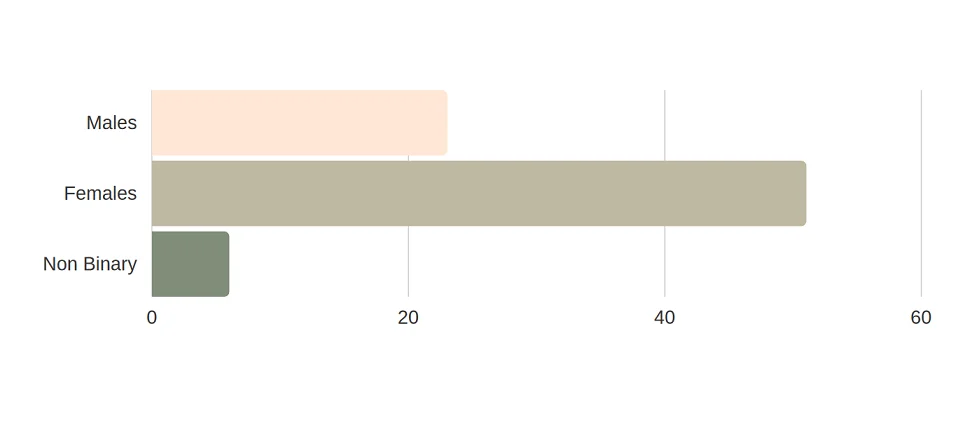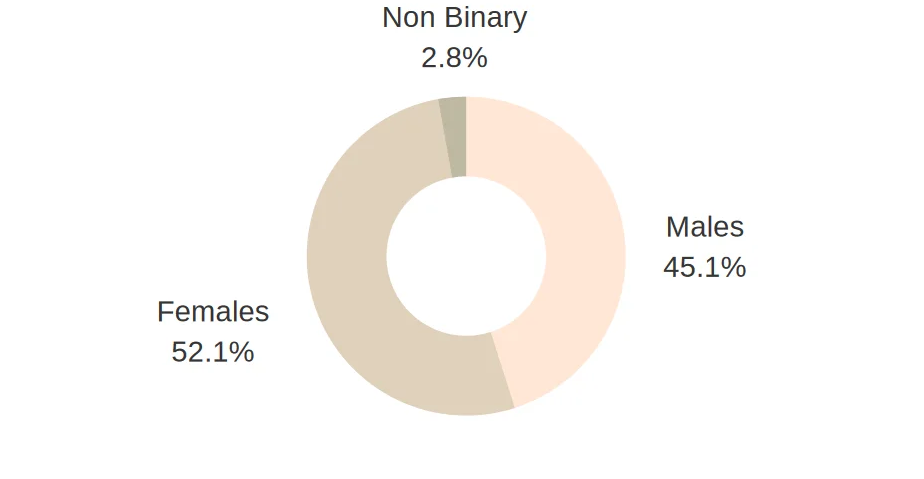Mental Health Support for the Black Community
Mental health in the Black community continues to be a significant concern, and current trends suggest that this issue may persist for a long time. Cultural, religious, and racial dynamics often discourage individuals from seeking help. Since its creation, ACAO has been at the forefront of mental health advocacy, working towards better health outcomes for Black communities in Ottawa and across Canada. Our organization implements various initiatives to achieve the goals of our mental health support program.
We provide mental health education and outreach specifically designed for the Black community. The combination of pandemic-related stress and systemic issues has created serious mental health challenges. In response, ACAO has developed a series of workshops, awareness campaigns, and support systems to ensure the well-being of our community members. These initiatives have been especially vital during times of crisis.


A total of 80 community members had regular access to professional individualized mental health support. Among them, 87% were Black women, 8.7% Black men, and 4.3% identified as nonbinary. This reflects the critical demand for accessible and inclusive mental health services within underrepresented communities.
ACAO organized and hosted healing circles—both in-person and online—to create a safe space for community dialogue. These sessions welcomed youth, adults, teenagers, and elders from the community to share and exchange experiences. The healing circles were praised for their positive impact and thoughtful discussions. COVID-19 safety protocols were observed during in-person gatherings to ensure participant well-being. This inclusive mental health program provided valuable emotional support and reduced social isolation across diverse groups.
We are hoping to secure funding in 2022 to continue this important program.
CHALLENGES
A major challenge is the lack of available mental health specialists for community members. Due to the high cost of professional services, ACAO can only offer limited sessions, and 35 individuals are currently on a waiting list. This gap highlights the need for increased funding to ensure adequate mental health support.
In addition, multiple therapy sessions are often necessary for effective results, placing further strain on available resources. Another challenge is the ongoing COVID-19 pandemic, which forced ACAO to adapt its healing circles to smaller group sizes and transition many meetings online. Despite these obstacles, the virtual healing circles have been successful and continue to provide vital support to the community.
